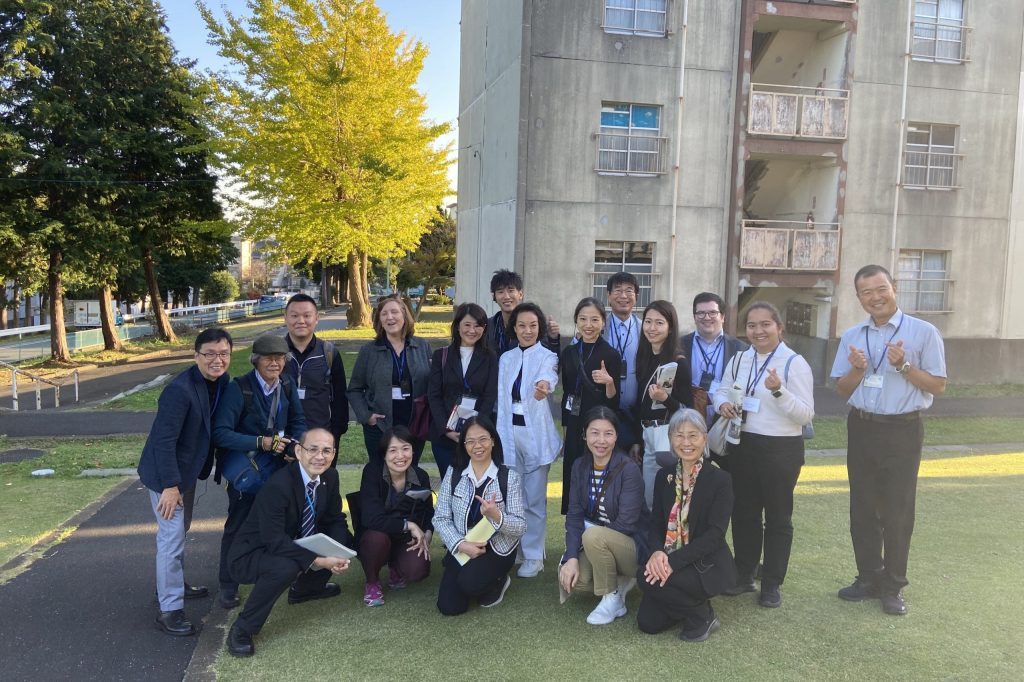Ten representatives from organizations across five countries in Asia who had received a grand prize as part of our Healthy Aging Prize for Asian Innovation (HAPI) travelled to Japan for a weeklong study tour. This program was organized by JCIE and the Economic Research Institute for ASEAN and East Asia (ERIA) as part of our work on Healthy and Active Aging in Asia, taking place under the auspices of the Asia Health and Wellbeing Initiative (AHWIN). The program was an opportunity for prize winners to share the work they have been doing to improve the lives of older adults with counterparts in Japan, learn from Japanese approaches to tackling its rapid population aging, and to foster a network among prize winners for sharing lessons with each other to create vibrant, healthy, and resilient societies where people can enjoy long and productive lives.
The group featured representatives from China, Japan, Singapore, Thailand, and Vietnam who had received a grand prize under one of HAPI’s three award categories of technology & innovation, community-based initiatives, and supporting self-reliance between 2020 and 2022. During the study tour, the group enjoyed the opportunity to participate in site visits in Tokyo, Kanagawa, and Saitama, and met with counterparts across the private, government, and civil society sectors. You can learn more about each of the grand prize winners who participated in the tour, which served as part of their award package, by following the links in the participant list at the bottom of the page.
Tokyo Program
HAPI winners kicked off the program in Tokyo, where they were briefed by Dr. Yuiko Nagamine, Deputy Director, Division of the Health for the Elderly, Ministry of Health, Labour and Welfare, who provided an overview of Japan’s national level policy on aging and the development of its long-term care insurance system. The group then visited the offices of Medical Corporation Yushoukai, a healthcare provider that provides home medical visits to older people. At Yushoukai, they heard from Dr. Jun Sasaki, the CEO and founder of the company, who shared his perspective on how we need to reframe concepts of health and disease for older people and strongly emphasized the critical role of good nutrition in allowing people to live healthy lives as they age.
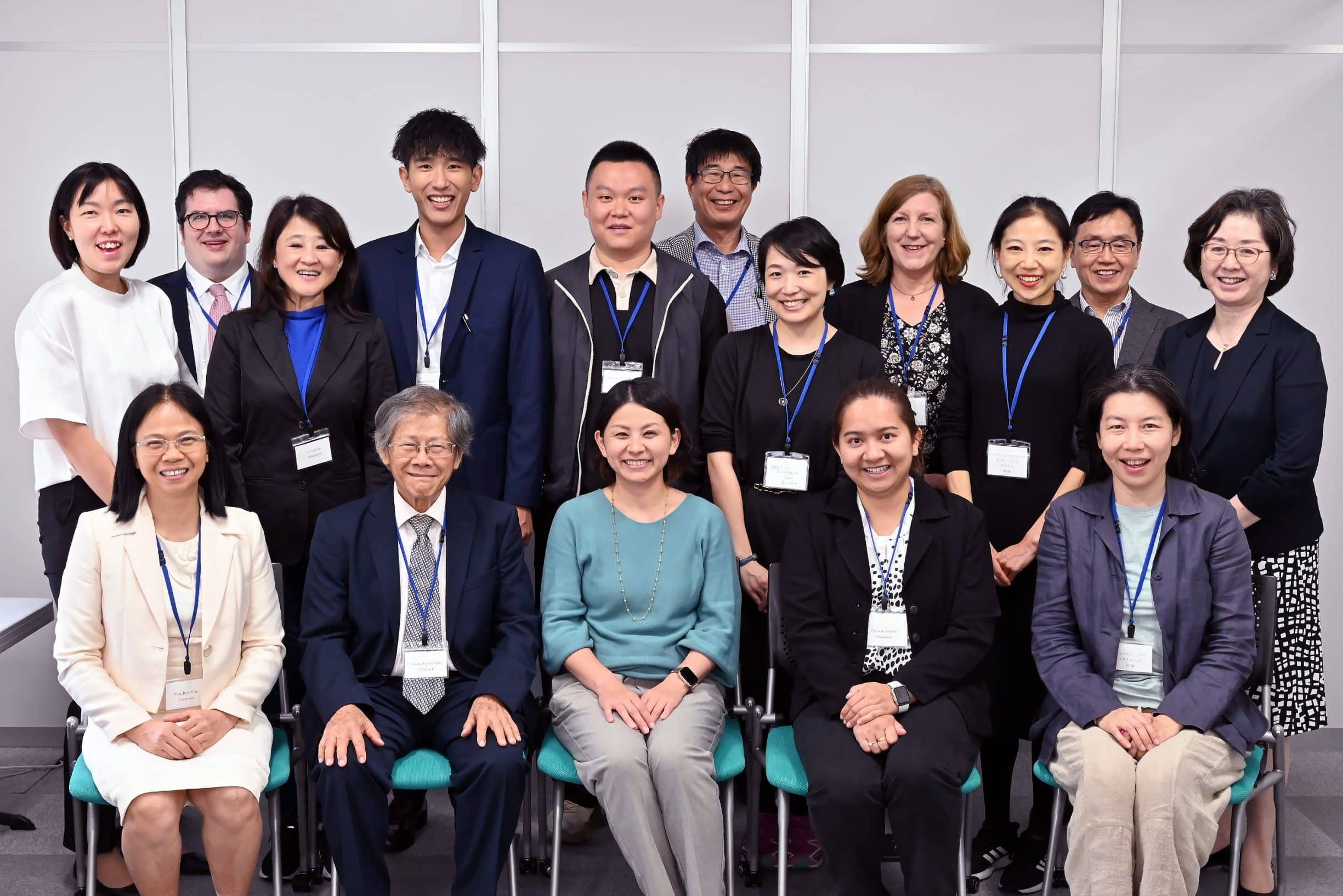
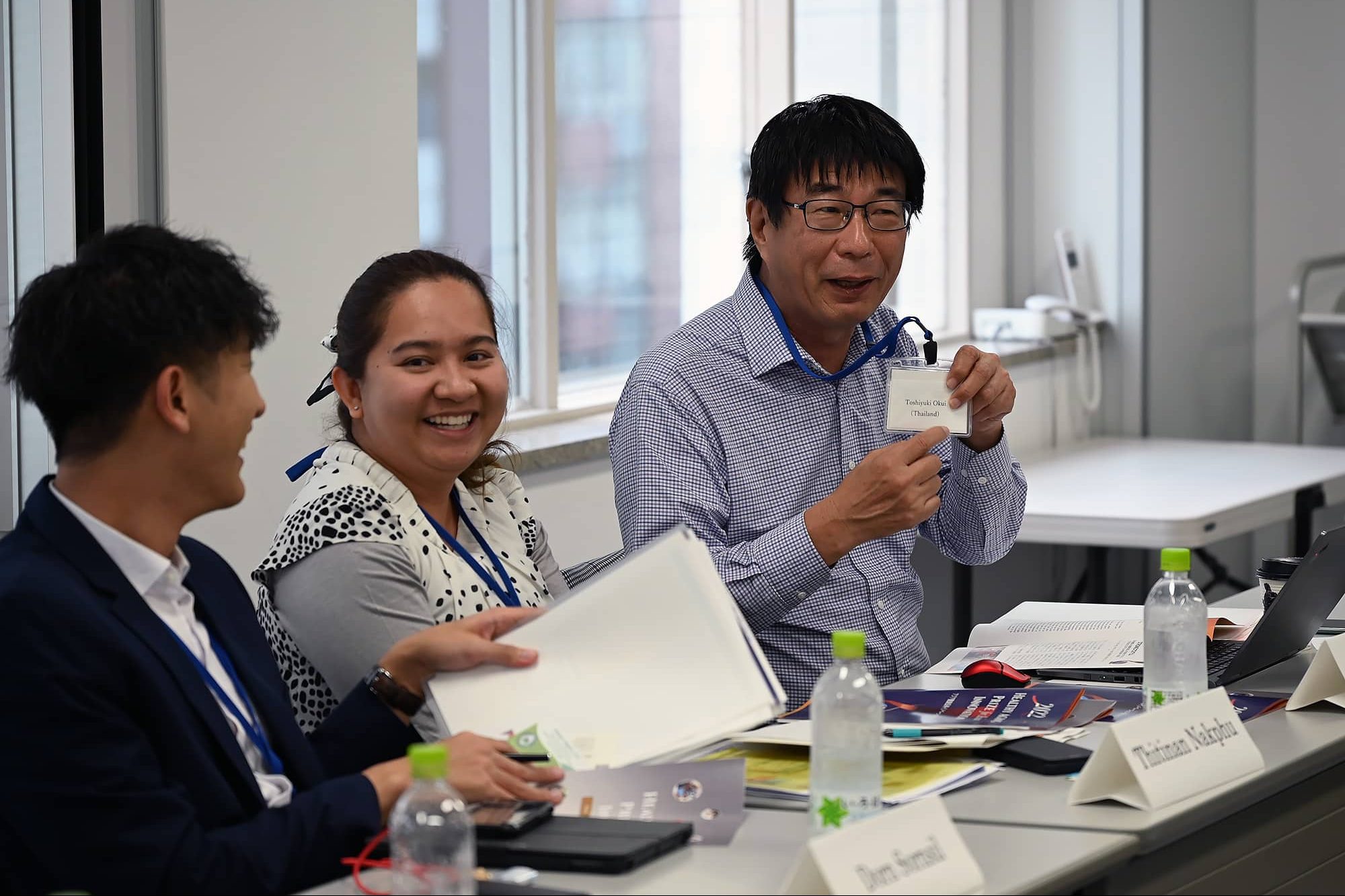
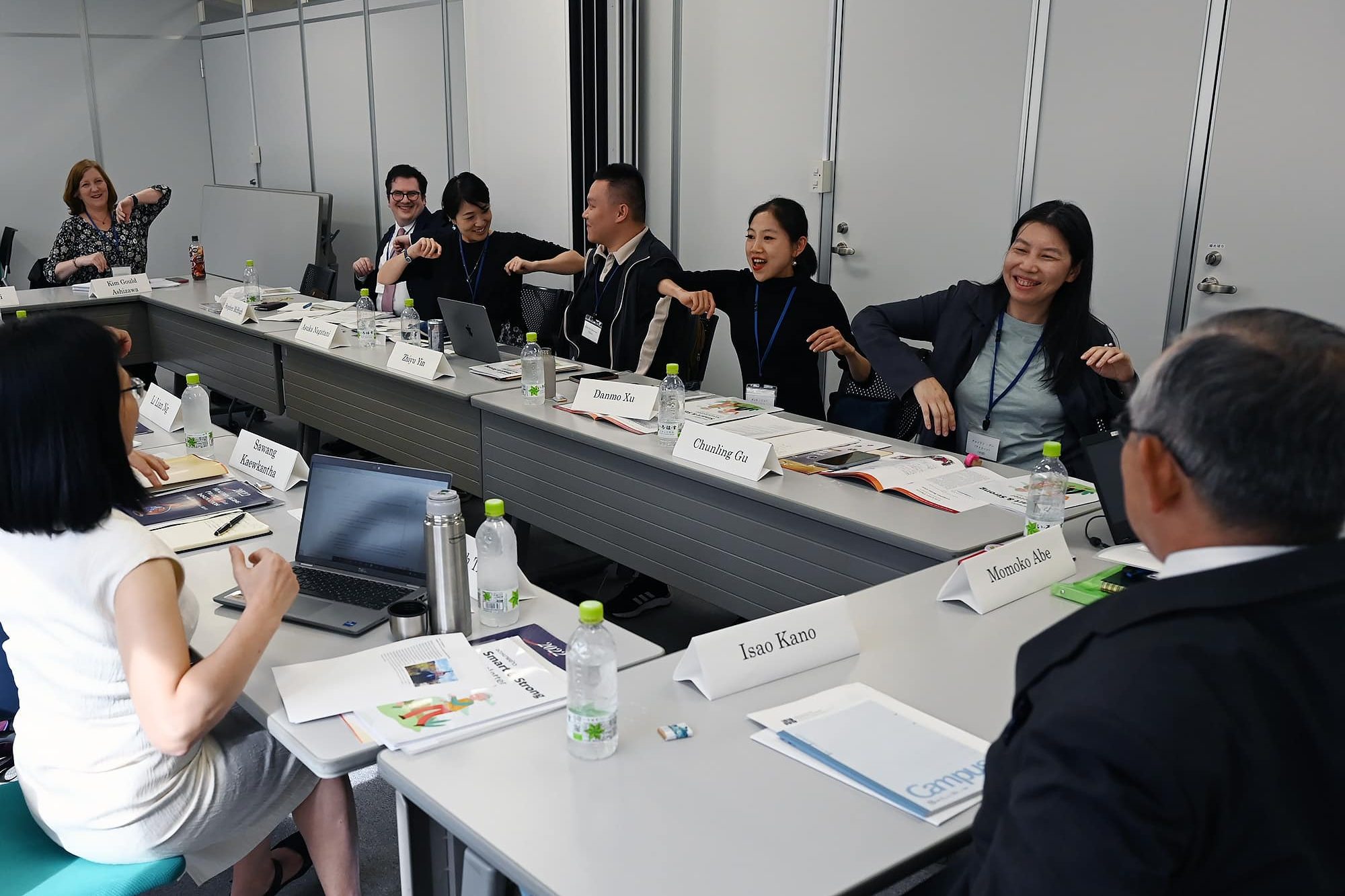
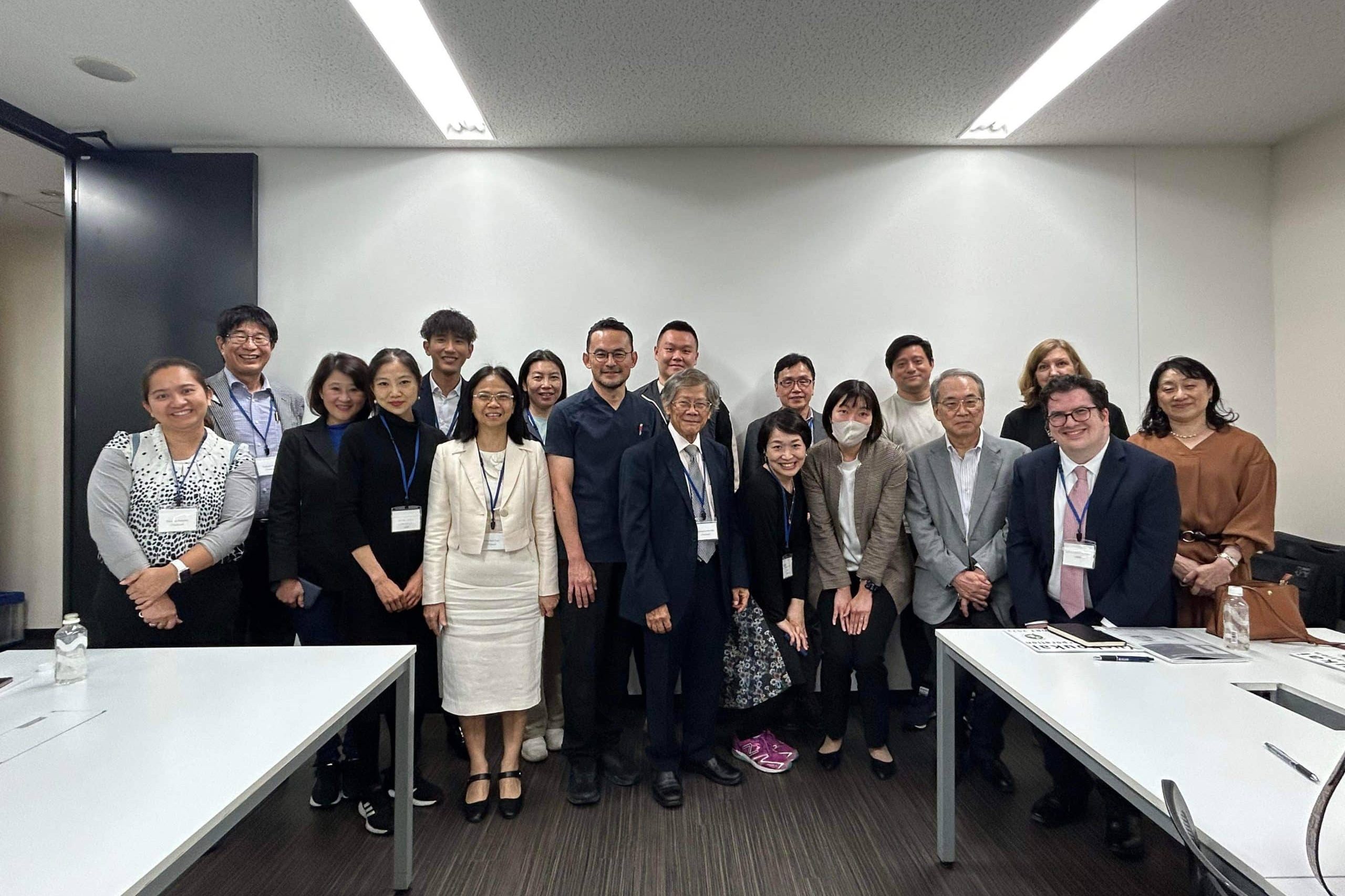
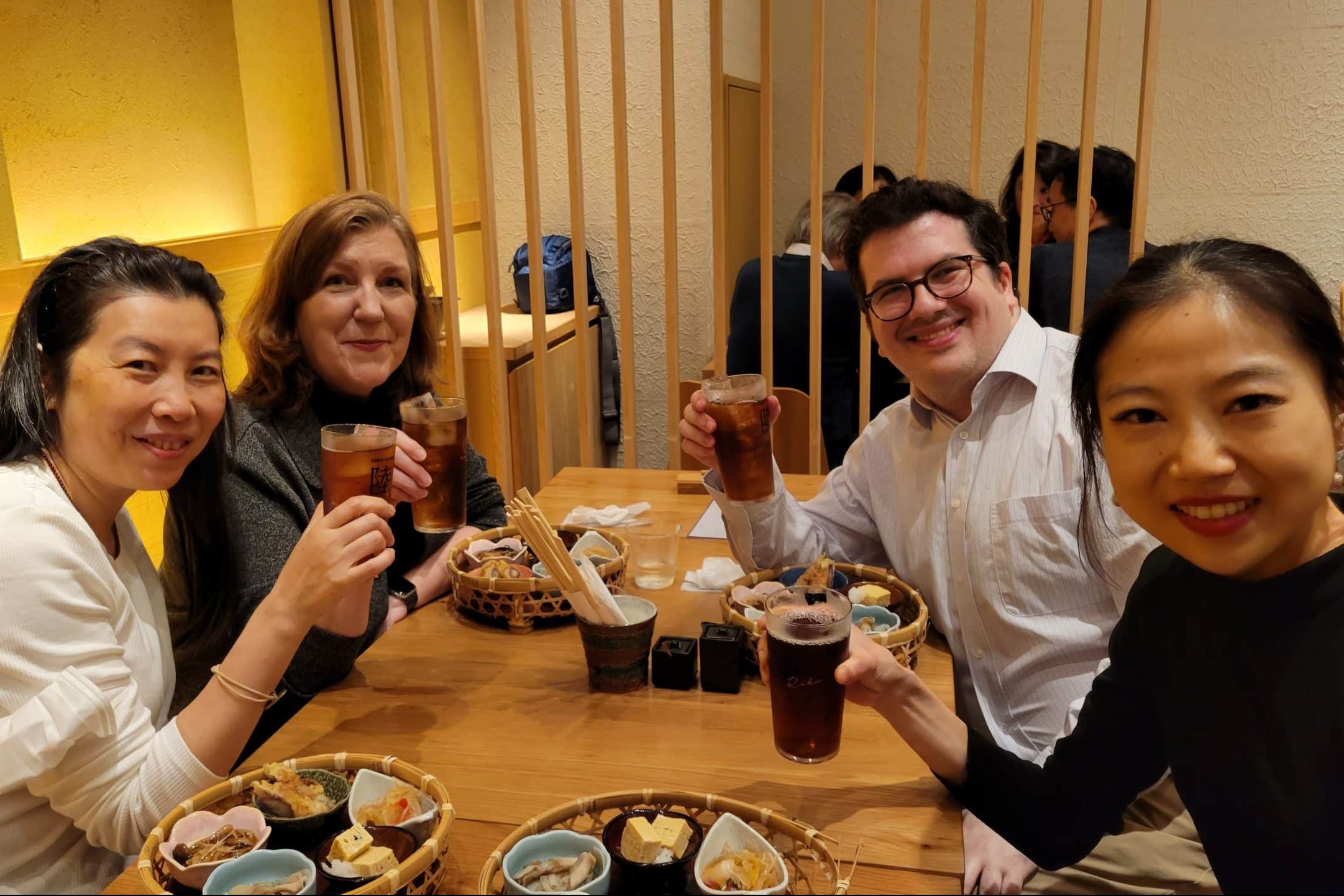
Kanagawa Program
The group then had the opportunity to visit Kanagawa prefecture, located just South of Tokyo, which has been a leader in promoting the World Health Organization’s “Age-Friendly Cities” within Japan. While in Kanagawa, they met with Dr. Hiroko Akiyama, one of Japan’s leading gerontologists and the founder of the Kamakura Living Lab. The Living Lab brings together older people in the community with researchers, academics, and private industry to develop innovative projects to meet community needs. The group also visited the Imaizumi Carer Center for Older Adults with Dementia, and had the chance to speak with adults making use of the services provided by the care center. Finally, they visited the Sasayama Prefectural Housing Complex in Yokahama, a public housing complex where the majority of residents are over the age of 65.
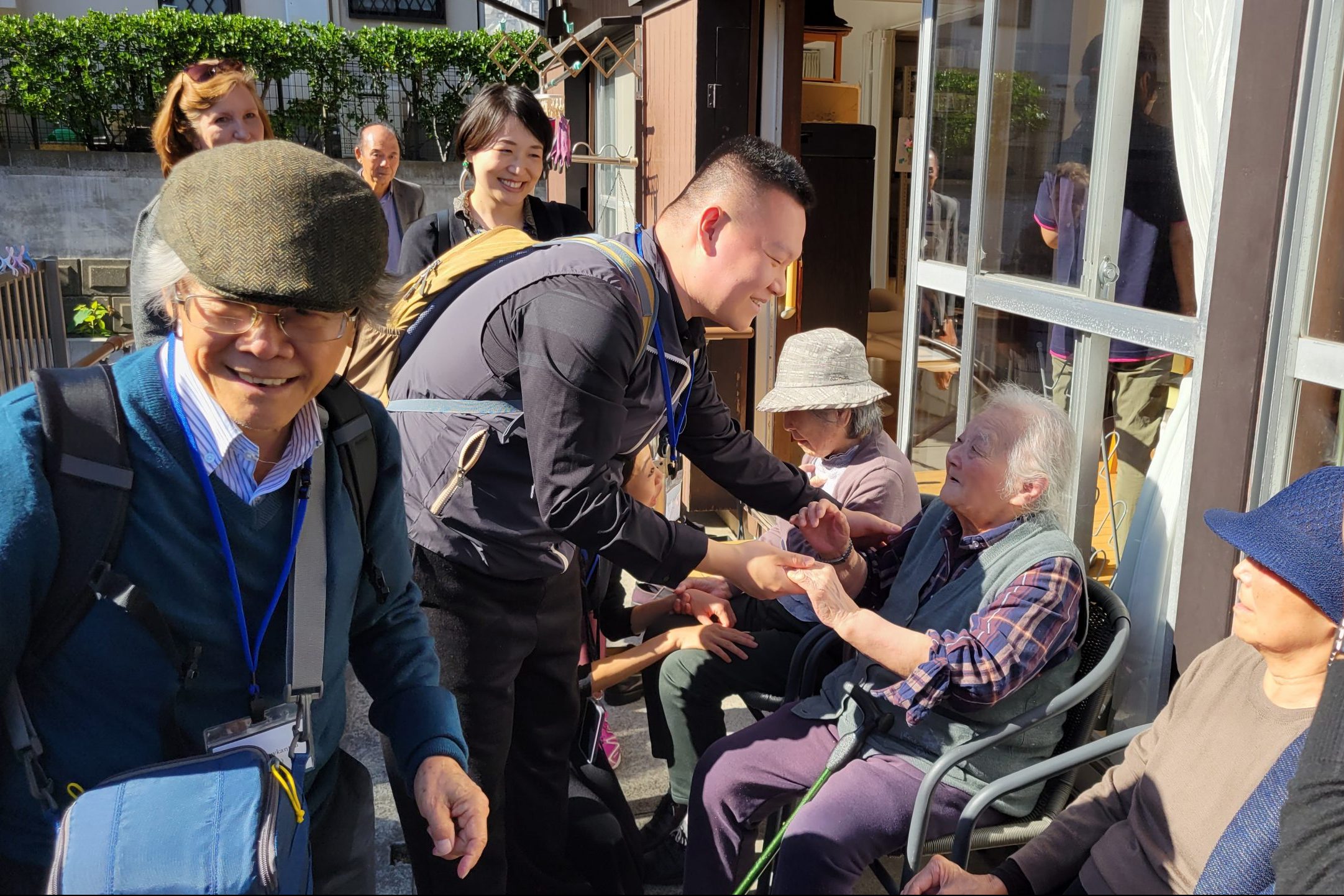
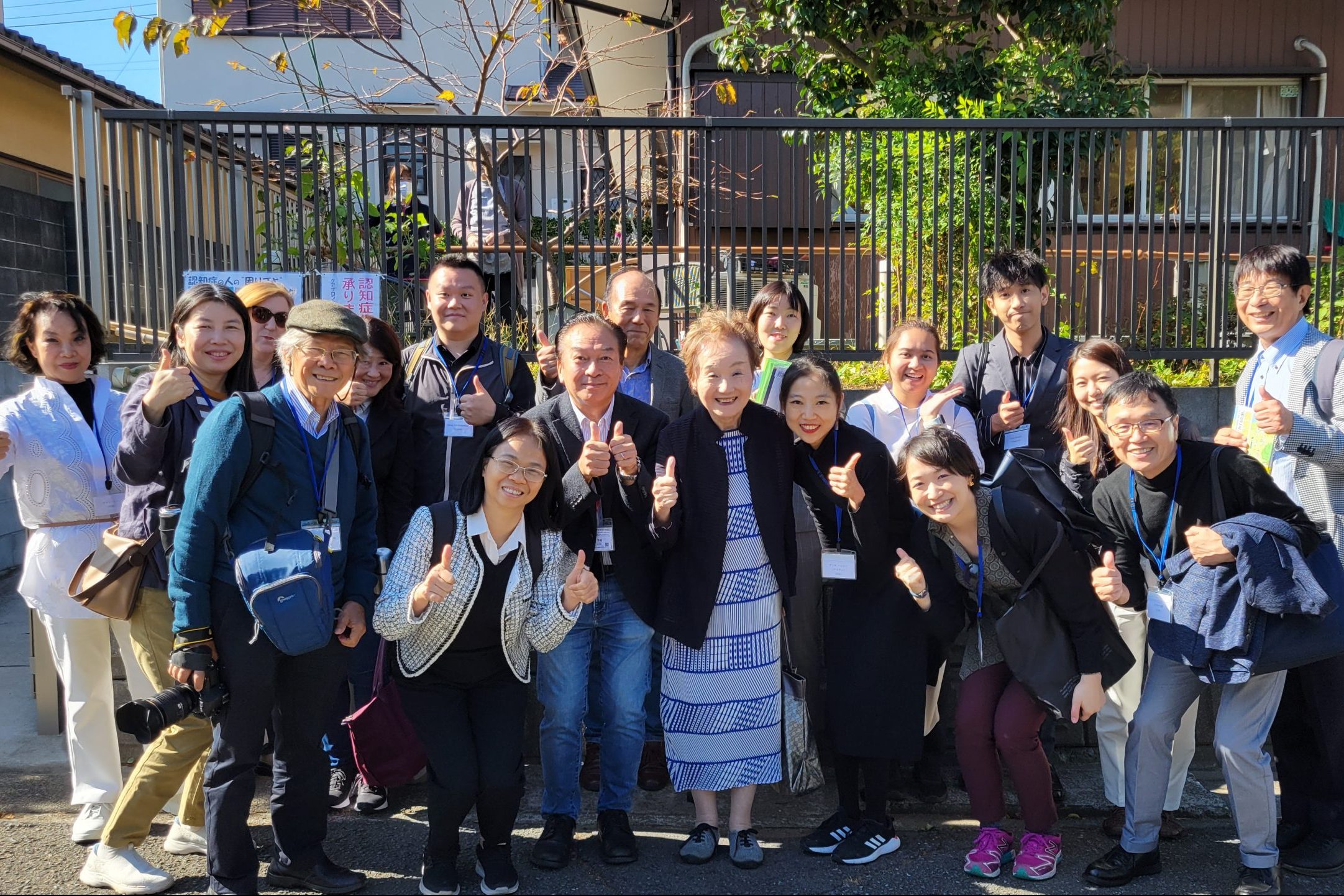
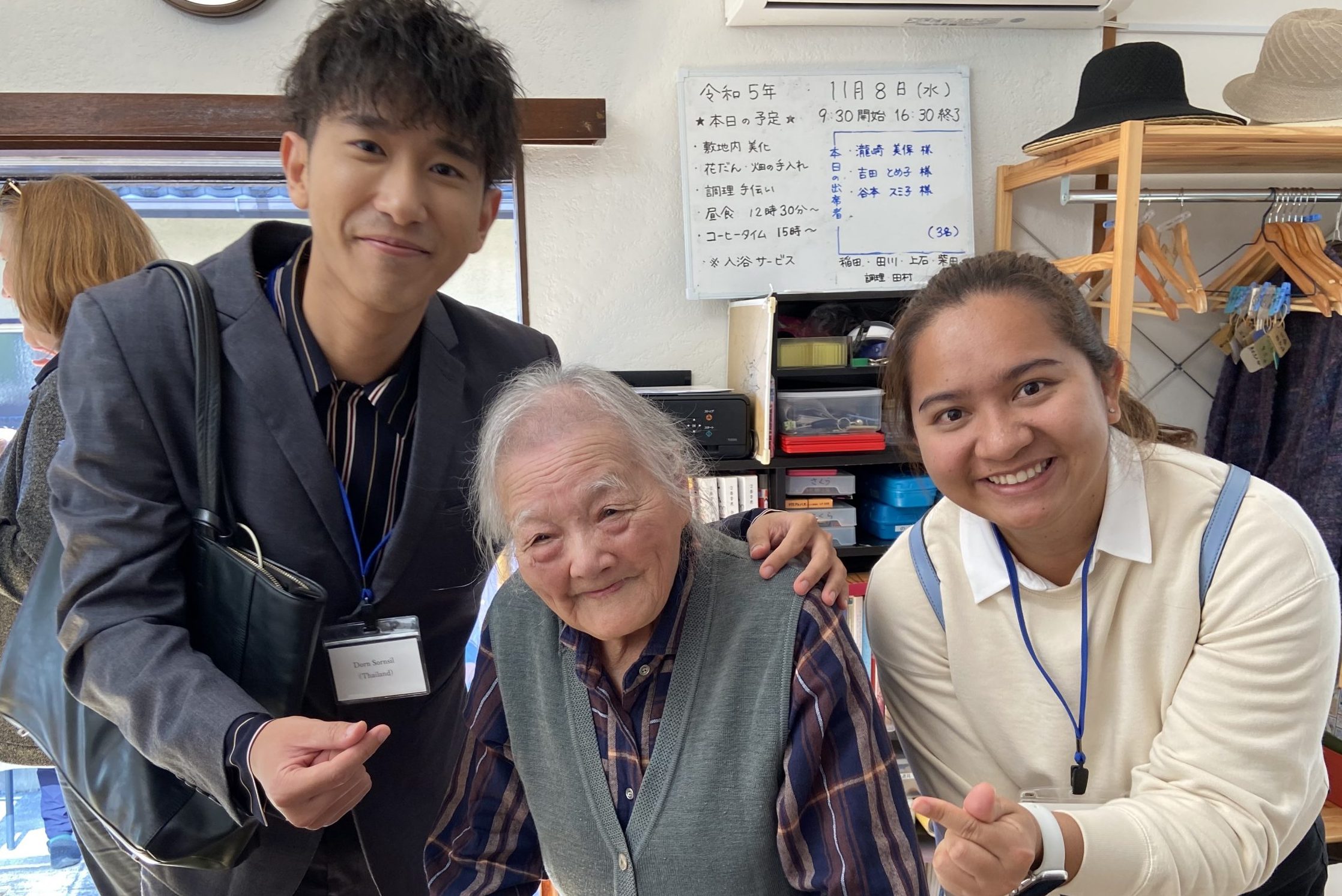
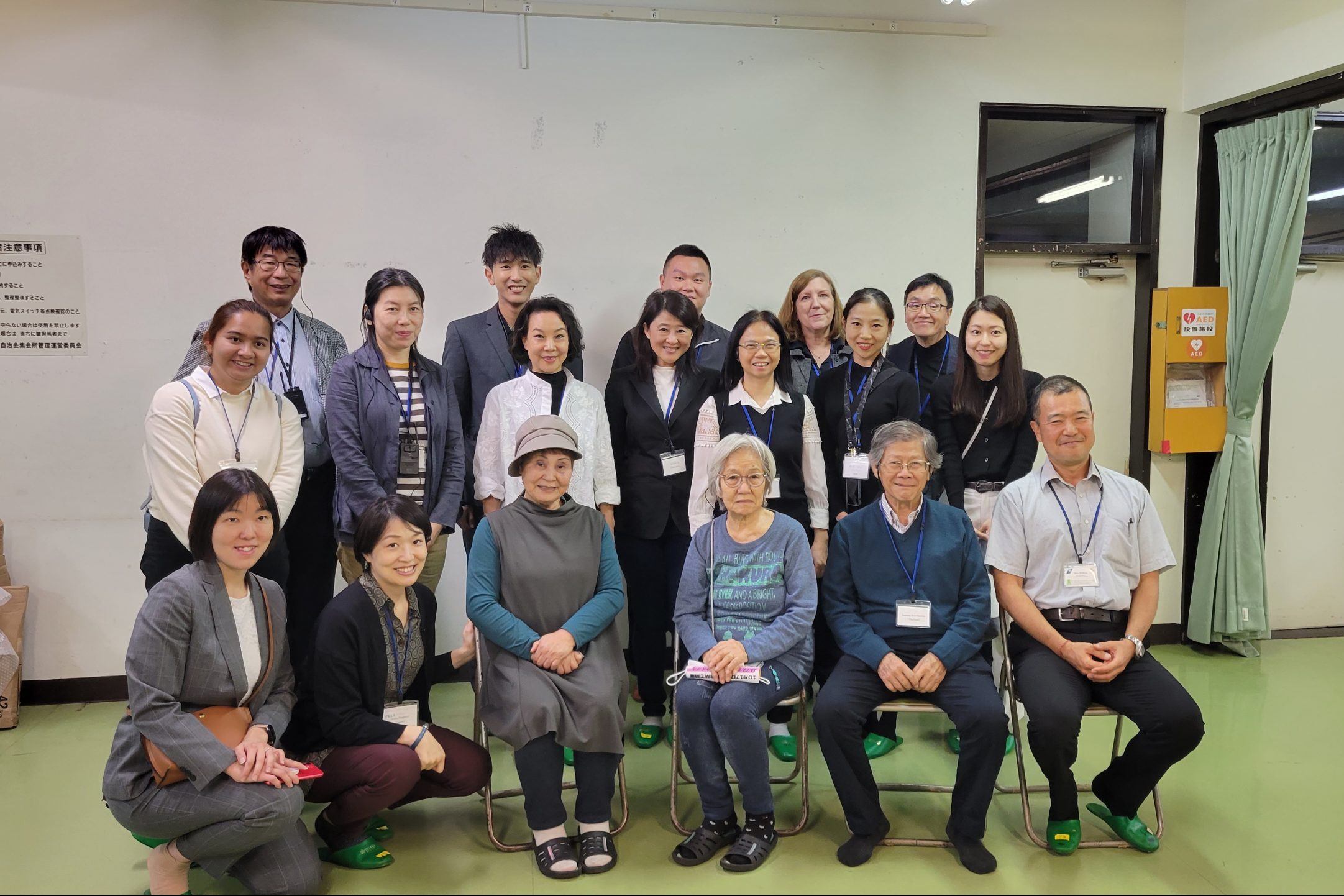
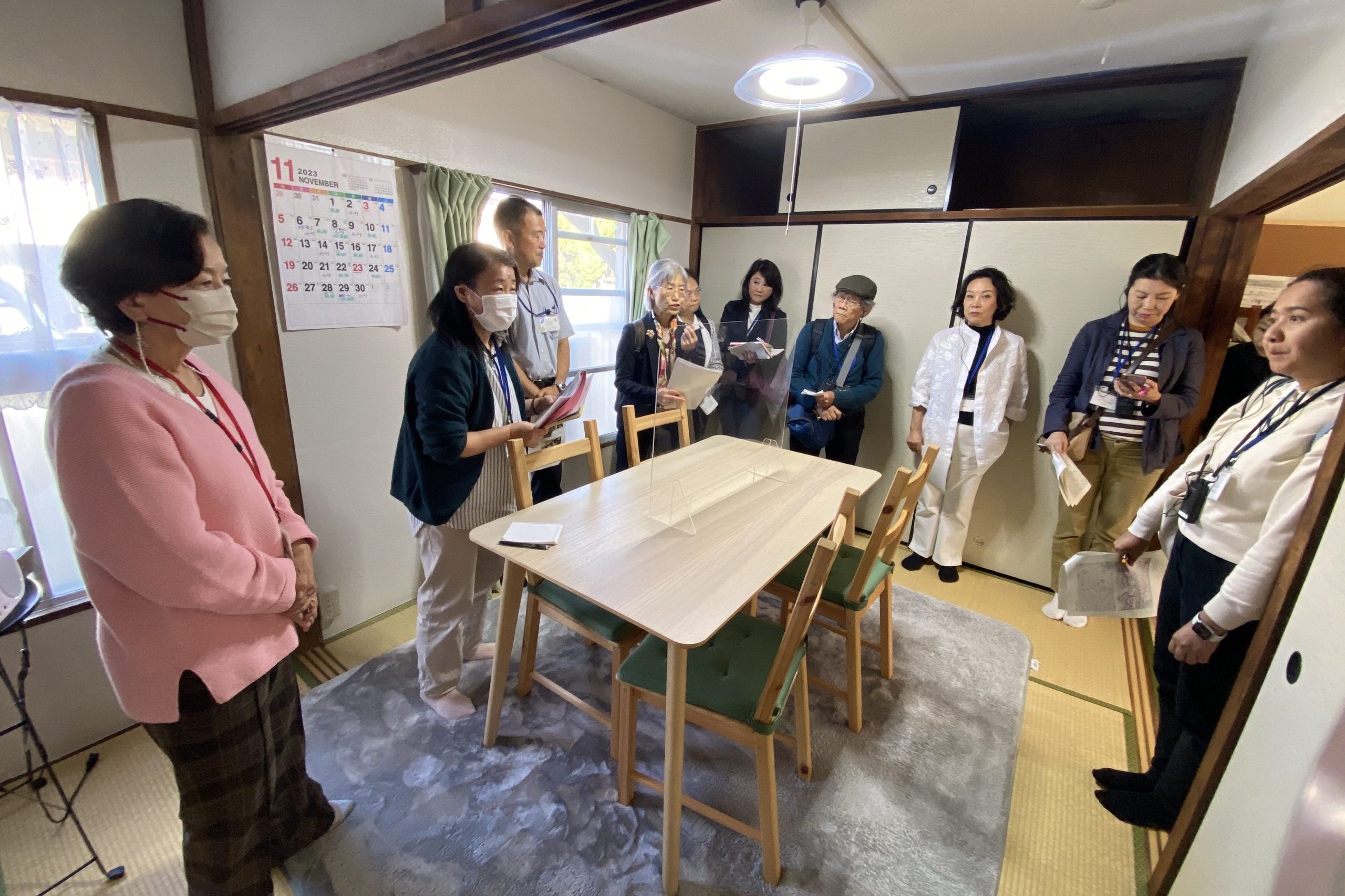
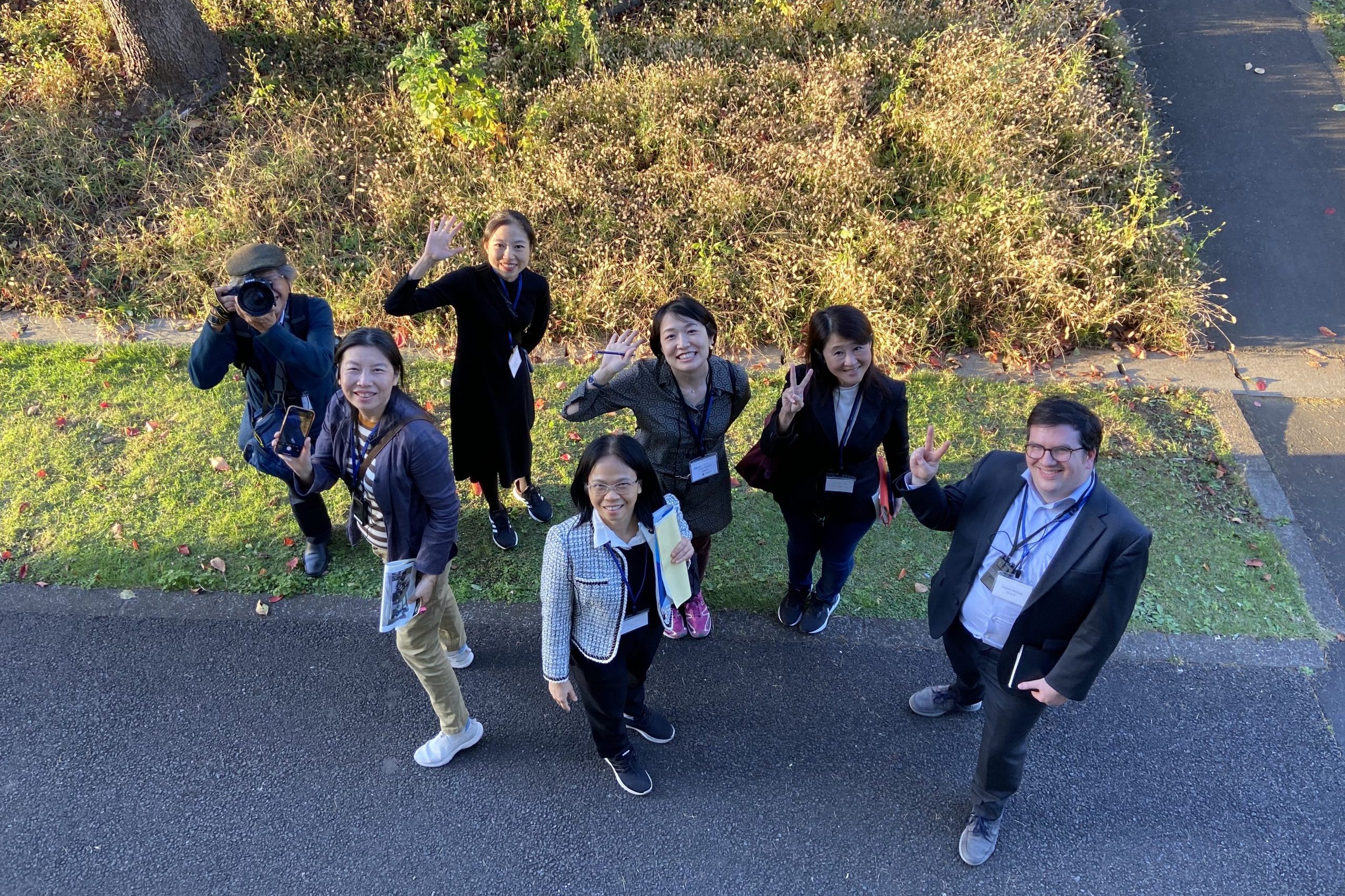
Saitama Program
Following the trip to Kanagawa, HAPI winners also travelled to Iruma City, located in Saitama Prefecture. Here they were able to connect with Orange Links, a HAPI Grand Prize Winner based in Iruma, which has created jell nail stickers featuring QR codes, intended to help address the challenge of people with dementia who wander or get lost. They also met with Richiro Sugishima, the mayor of Iruma, and learned about how the city government has worked with Orange Links to implement their stickers initiative in the community. The Saitama program then wrapped up with a visit to Eijinkai’s Iruma Heart Hospital, which includes a number of healthcare services for older people. This offered an opportunity to exchange opinions with staff at the hospital, including care workers who had immigrated to Japan from other countries in Asia.
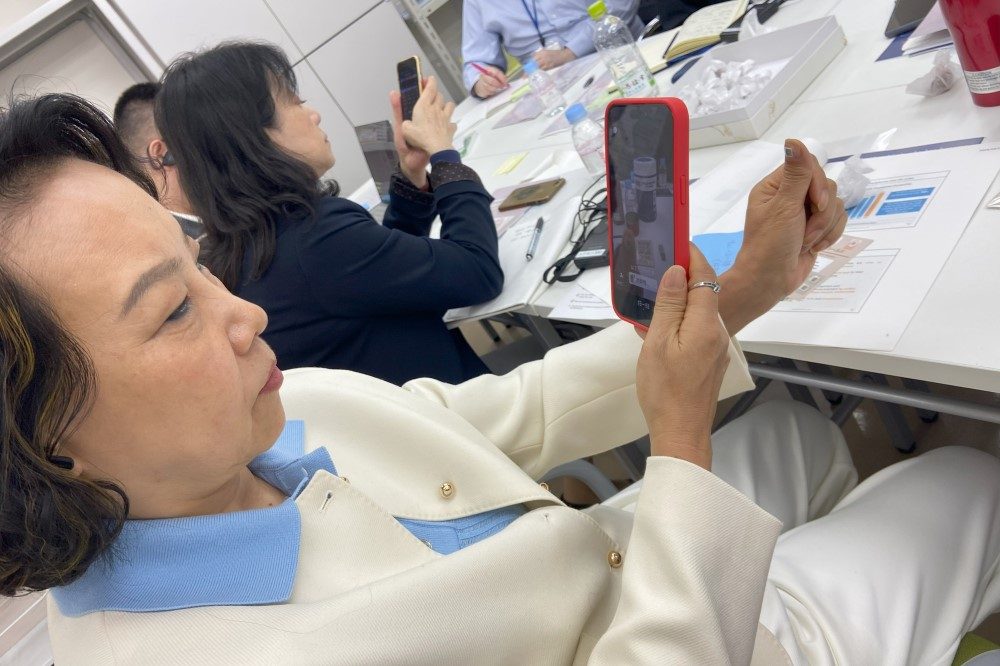
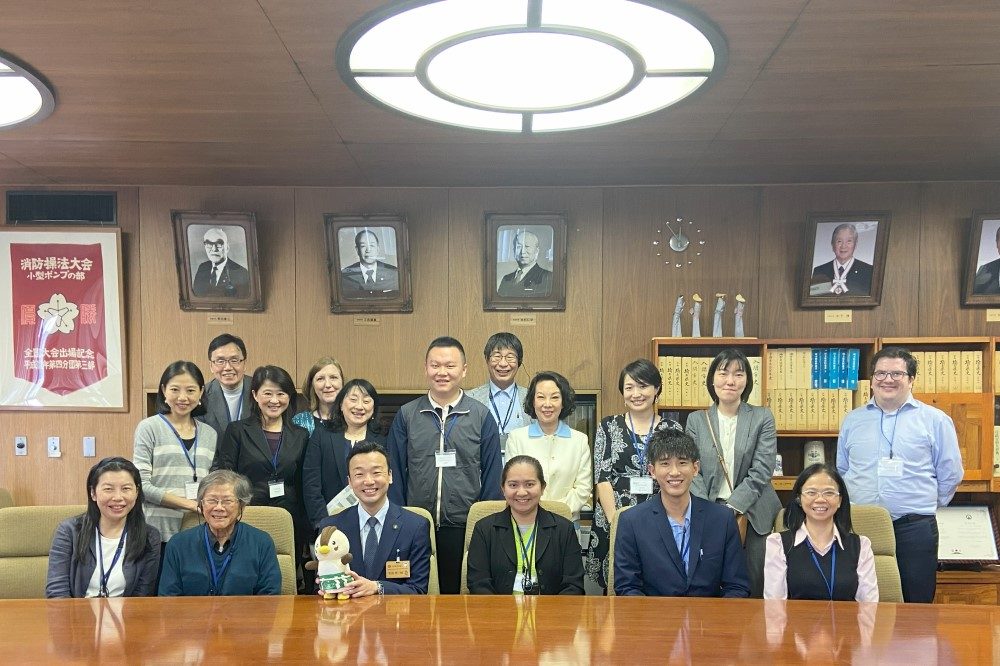
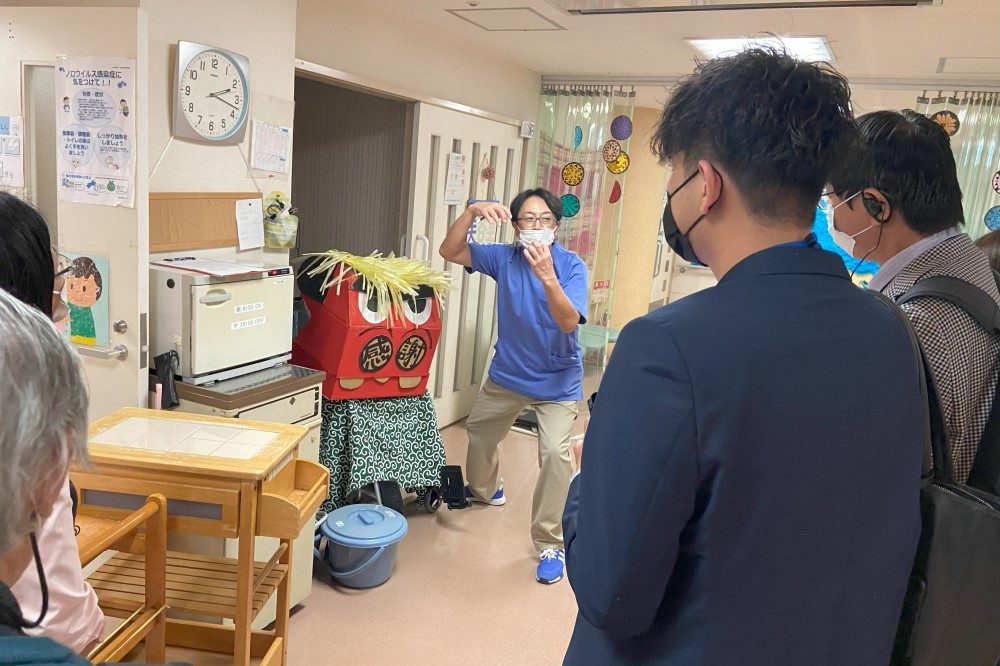
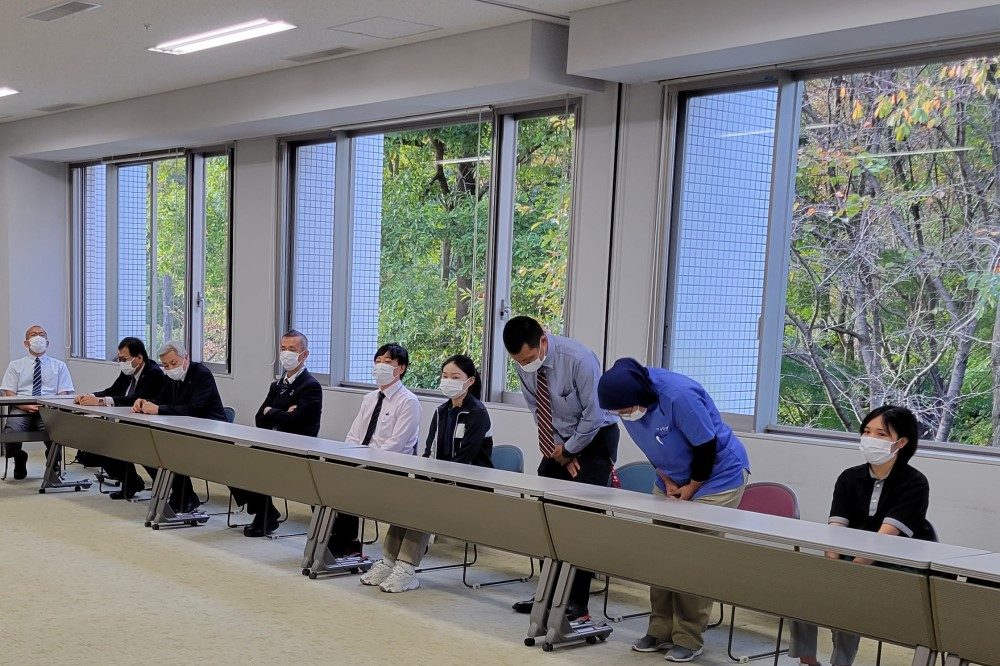
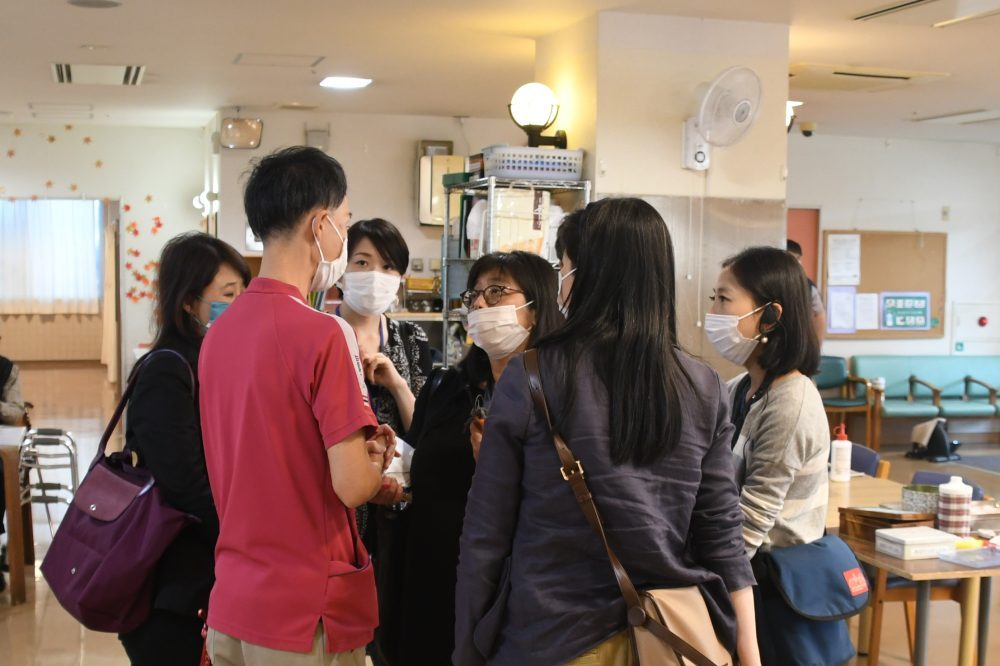
Program Wrap-Up Meeting
Participants wrapped up the program by reconvening in Tokyo for a final session, where they were joined by another Japanese HAPI grand prize winner from Komagane City, representing a hospital–local government partnership program that aims to prevent stroke reoccurrence after patients are discharged from the hospital. The session was also joined by Dr. Nagamine, representatives from the Cabinet’s Office of Healthcare Policy, and journalists from Nikkei Shimbun and Yomiuri Shimbun, two leading media outlets in Japan. During this wrap-up meeting, participants shared their impressions from the study tour and ideas and concepts they hope to take back as lessons to their home countries. They also expressed the desire to continue to stay connected to the network of HAPI winners and to learn from each other moving forward.
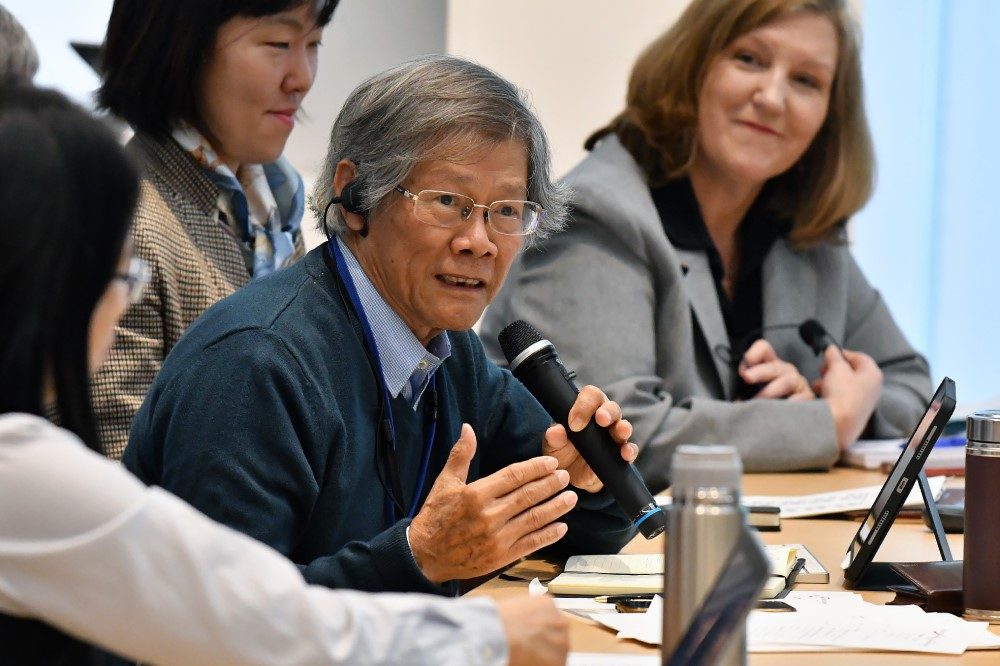
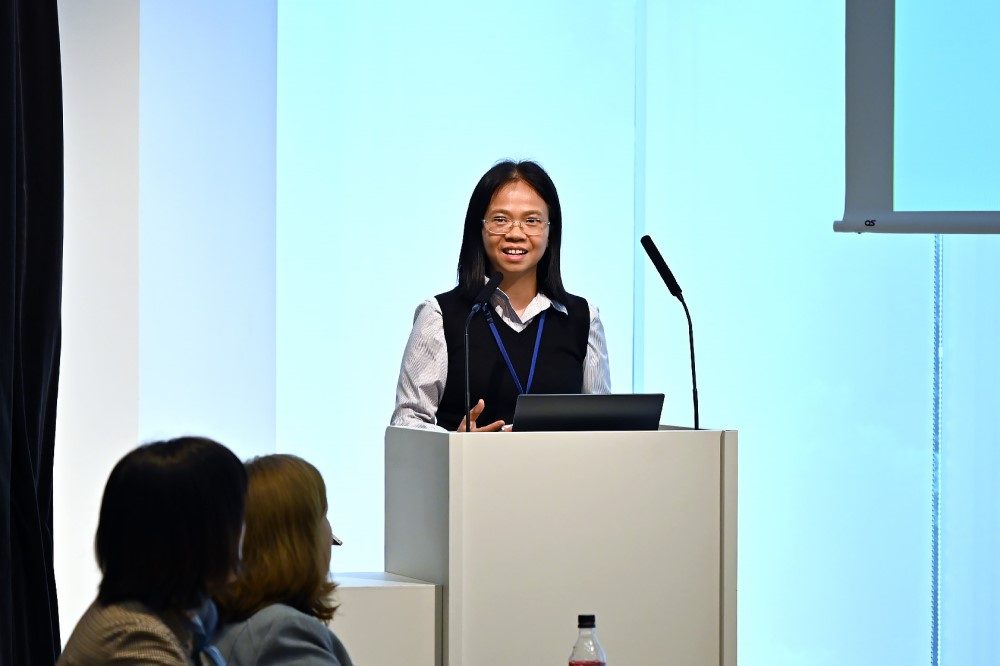
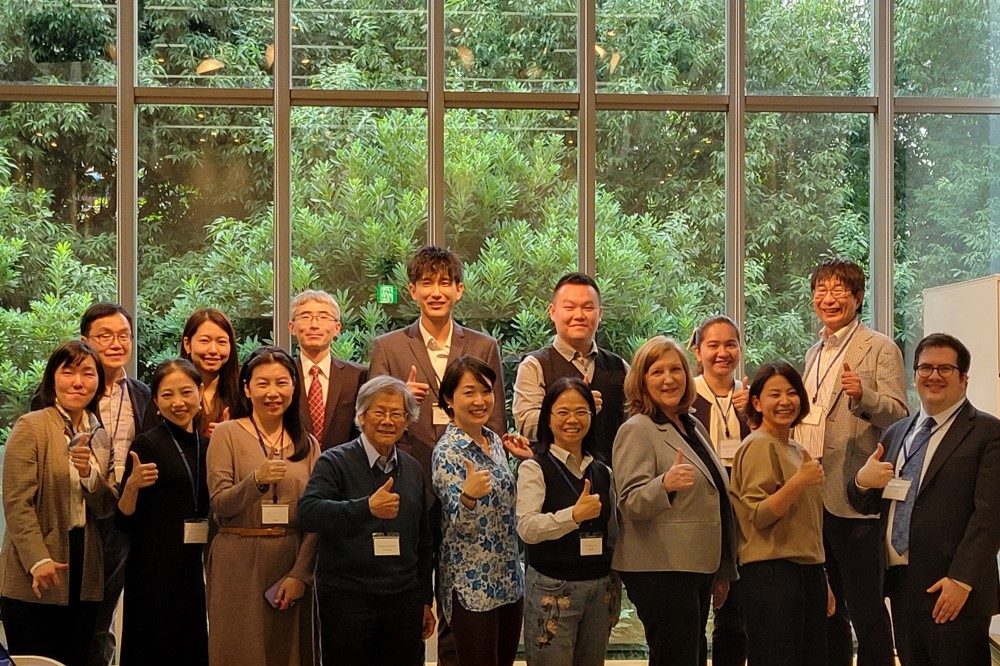
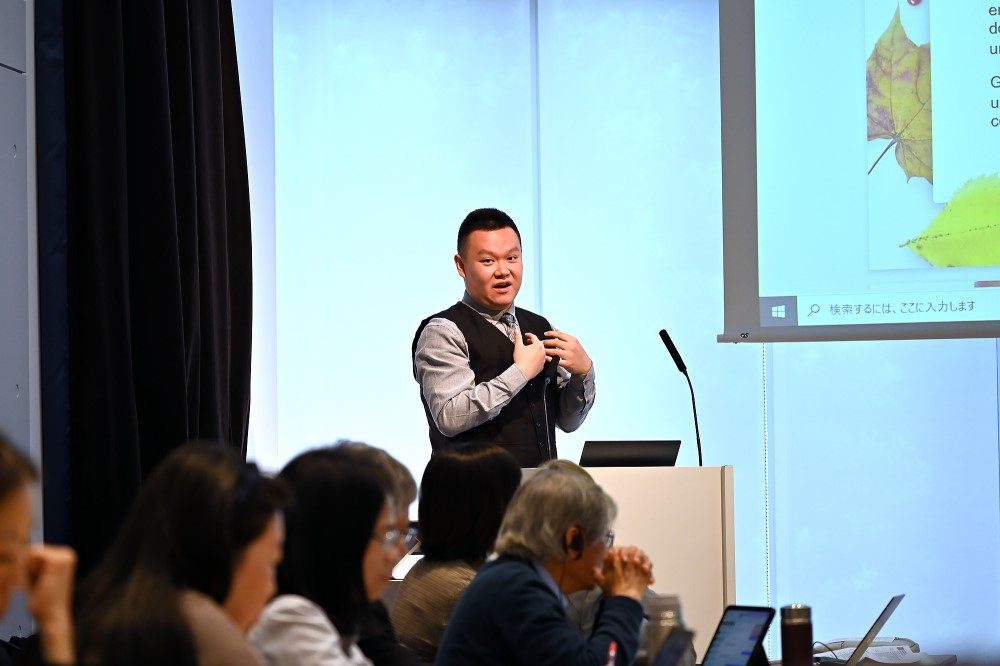
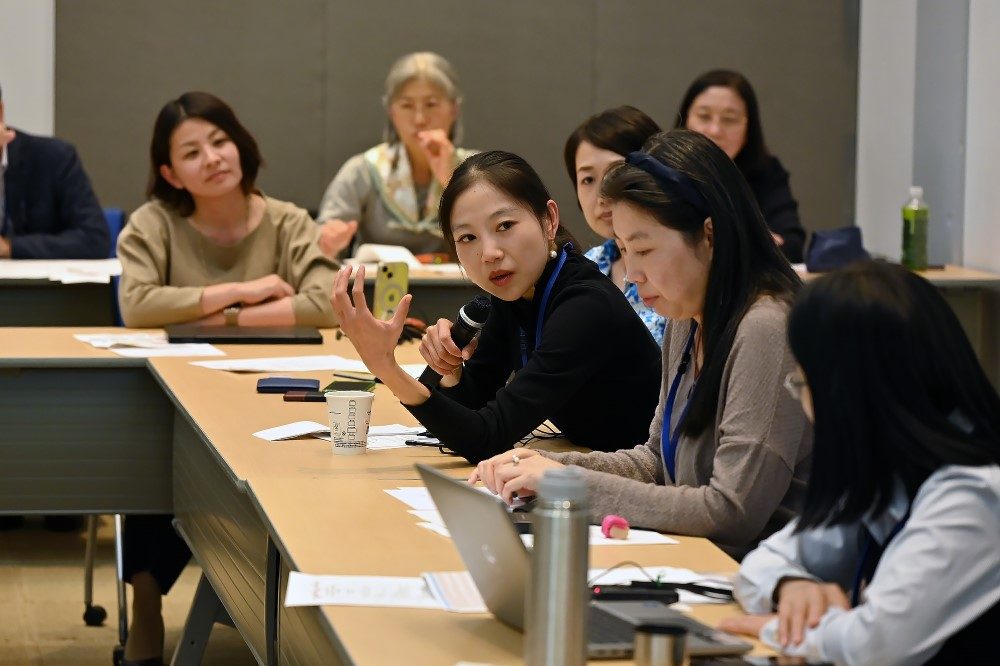
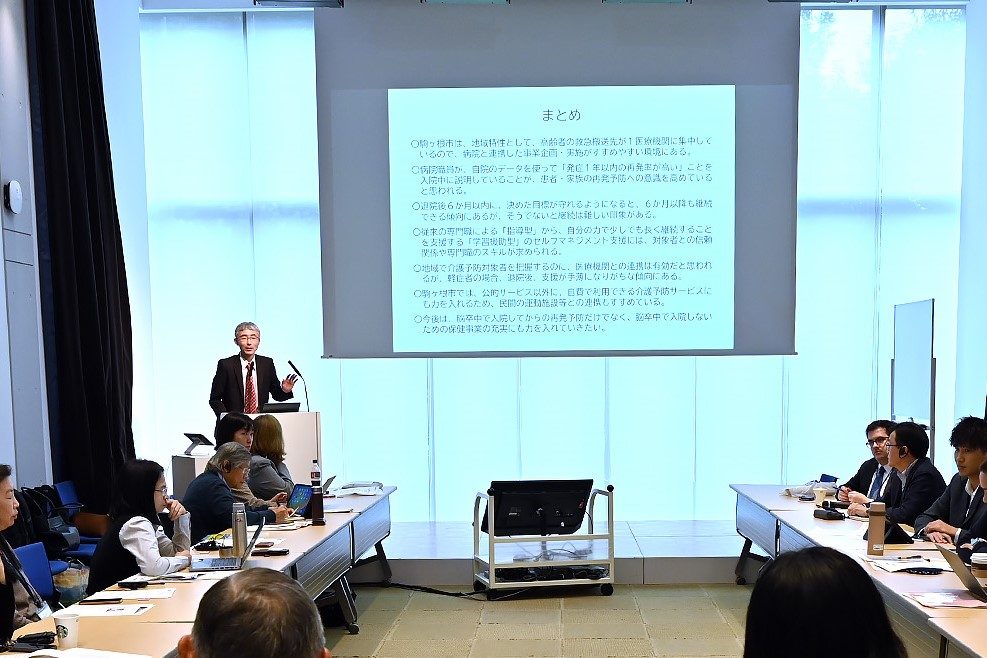
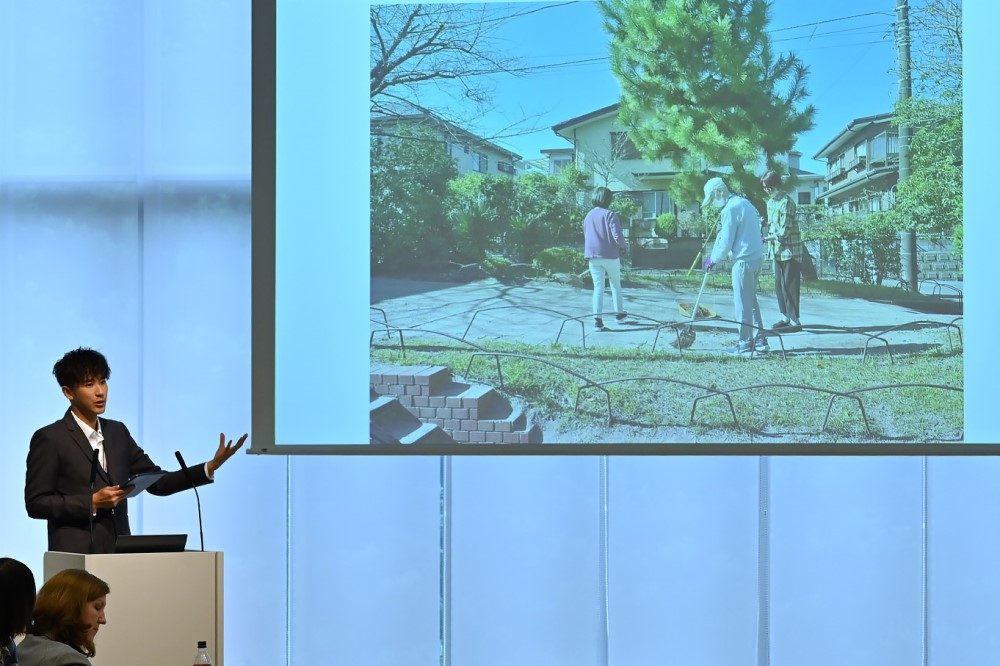
Participant List
Mr. Sawang Kaewkantha, Executive director, Foundation for Older Persons’ Development/ FOPDEV
Ms. Thuy Bich Tran, Country director, HelpAge International in Vietnam
Ms. Li Lian Ng, Co-founder & Managing director, Tetsuyu Healthcare Holdings
Dr. Dorn Sornsil, Medical doctor, Health department, Bangkok Metropolitan Administration
Dr. Thitinan Nakphu, Director, Bueng Yitho daycare center, Bueng Yitho Municipality
Mr. Toshiyuki Okui, Representative, Nogezaka-Glocal
Ms. Zhang Yu, Founder & Executive director, Longzhen Senior Care
Mr. Zhiyu Yin (Sebastian), Longzhen community program director, Longzhen Senior Care
Ms. Chunling Gu (Aileen), Chief director, Jinmei Care for the Elderly
Ms. Danmo Hsu (Ivy), Manager, Jinmei Care for the Elderly

